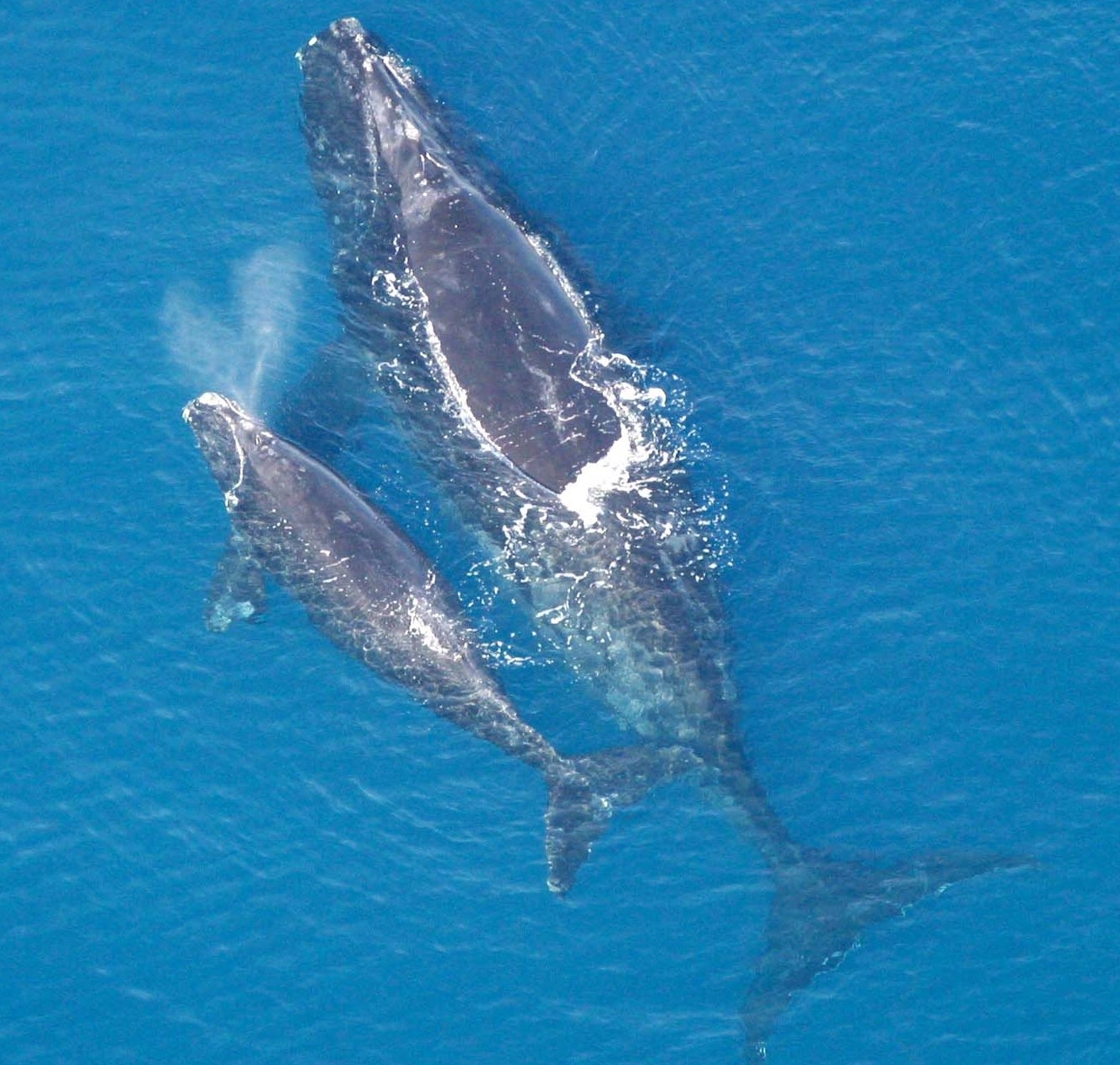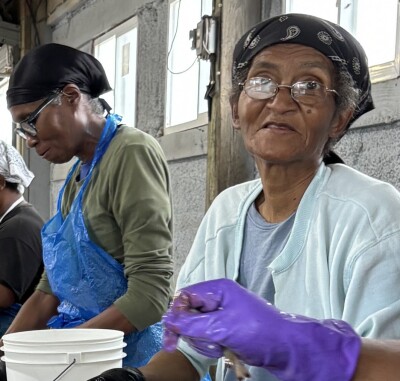New gear regulations proposed for the Northeast lobster fishery will be presented in online public sessions beginning Tuesday evening, as the National Marine Fisheries Service pitches its newest effort to meet endangered species requirements for the northern right whale.
The new package of changes to the Atlantic Large Whale Take Reduction Plan, is NMFS’ bid to satisfy a federal court ruling that the agency must do more by May 31, 2021 to protect the East Coast right whale population, now estimated to number fewer than 400 animals and less than 100 breeding females.
The new steps aim to reduce the number of vertical lines in the lobster and Jonah crab fisheries by requiring fishermen to fit more of their traps between buoy lines.
Fishermen will need to add new weak insertions or weak rope into buoy lines, so that whales have a better chance to break free in the event of an entanglement.
Existing seasonal restricted areas would be closed to buoy lines at times when whales are migrating. The plan would allow some exemptions for using so-called ropeless or pop-up gear. NMFS hopes that will be an incentive for the industry, gear designers and partners like conservation groups to speed up research and development of reliable ropeless gear.
A new system of state-specific marking colors would be introduced – purple for Maine, yellow for New Hampshire, red for Massachusetts and silver/gray for Rhode Island. The specified number and locations markings on lines would be increased.
Online “the information sessions run from 6:30-9 p.m. and are designed to orient participants to the documents and the review process, and to answer questions about what the proposed rule and DEIS contain,” according to a reminder issued Tuesday by NMFS officials. “Public comments will only be accepted if time permits.
“We will be opening the sessions at 6 p.m. for troubleshooting, so please log on early.”
Each session is focused on the proposed requirements for particular Northeast areas. But people are welcome to attend any session and ask questions about any area, according to NMFS public information officers.
You can follow the web links below to register for the sessions that begin tonight:
• Tuesday, January 12: Rhode Island, Southern Massachusetts, LMA3
• Wednesday, January 13: Outer Cape Massachusetts, LMA1 Massachusetts and LMA1 New Hampshire
• Tuesday, January 19: Maine, southern focus
• Wednesday, January 20: Maine, northern focus
For anyone unable to attend the live sessions, there is also a pre-recorded version of the rule fact sheet slides to learn more.







